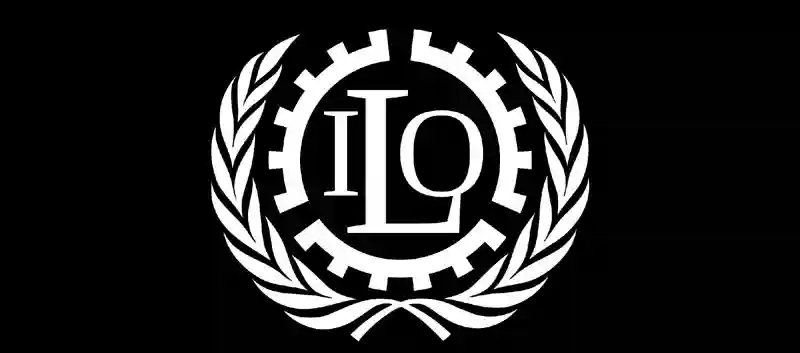The number of people in the country earning a living from the informal sector is said to have risen to 95 per cent in 2014 from 84 per cent in 2011. This was revealed by the International Labour Organisation (ILO) in a report titled “Zimbabwe Assessment Report on the Enabling Environment for Sustainable Enterprises” (EESE). The report partly reads
50,3 per cent of survey respondents believed the regulatory environment in Zimbabwe was sometimes a hindrance to running a small business, with 15,2 per cent finding it a major obstacle. High informality, high public debt and weak domestic demand are some negative features of the Zimbabwean economy.
While attempts have been made to attract foreign direct investment, national macroeconomic policies have acted as deterrents. With 67,5 per cent of the population engaged in agriculture, the failure of the farming sector has had a negative effect on the economy.
Zimbabwe’s most pressing challenges in this area include power, transport and water. Forty-nine (49) per cent of survey respondents found the roads in Zimbabwe to be very poor and 33,9 per cent said they were poor.

